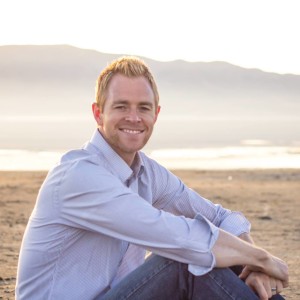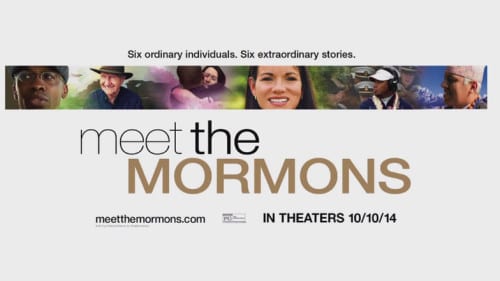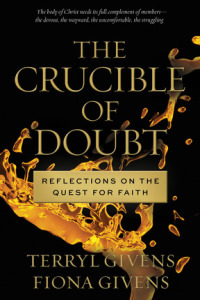Podcast: Download (27.7MB)
Subscribe: RSS
 Rich Milllar loved the Church as a teenager. He served a successful mission to Russia. After returning, he was fully committed to the Church and served as an elders quorum president. But he began to slowly lose his faith until, eventually, he decided the Church was not true and God did not exist. Find out why he left, why he decided to return, and what lessons he learned in his journey away from the Church and back into it.
Rich Milllar loved the Church as a teenager. He served a successful mission to Russia. After returning, he was fully committed to the Church and served as an elders quorum president. But he began to slowly lose his faith until, eventually, he decided the Church was not true and God did not exist. Find out why he left, why he decided to return, and what lessons he learned in his journey away from the Church and back into it.
Rich shared much of his story in a Facebook post that can be found here. He was later featured on a Mormon Channel video that can be found here, and a Deseret News article that can be found here.
The opinions expressed in this podcast and in the referenced books, presentations, podcasts and articles do not necessarily represent the opinions of the Church of Jesus Christ of Latter-day Saints, or of FairMormon.




